Thomas Sumner

All Stories by Thomas Sumner
-
 Chemistry
ChemistryChemistry Nobel honors pioneers of world’s smallest machines
Three chemists are being honored with a Nobel Prize for their pioneering work creating itty bitty machines, including a microscopic ‘nanocar.’
-
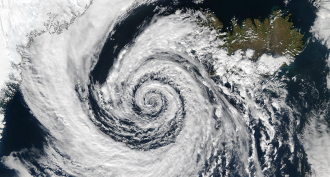 Earth
Earth‘Weather bomb’ storms send tremors through Earth
Scientists have detected tiny tremors in the Earth coming from an extreme storm. One day, those tiny tremors could help reveal Earth’s innermost secrets.
-
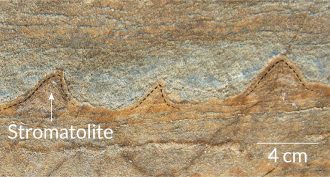 Fossils
FossilsThese may be the oldest fossils on Earth
Some mini mounds in Greenland may just be the earliest evidence of life on Earth, deposited a mere 800,000 years after our planet first formed.
-
 Earth
EarthOxygen-rich air emerged super early, new data show
Scientists had thought animals were slow to emerge because they would have needed oxygen-rich air to breathe. A new study finds that plentiful oxygen may have developed early. So animals may have been late on the scene for another reason.
-
 Earth
EarthHelium discovery blows away shortage worries
Fears that the world may soon run out of helium have been set aside for now by the finding of a huge reservoir of the gas in East Africa.
-
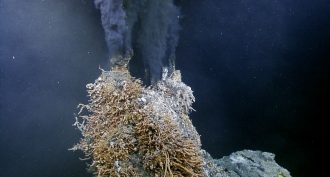 Earth
EarthSeafloor hosts surprising number of deep-sea vents
A new sensor detects changes in seawater chemistry and finds far more ecosystem-supporting seafloor vents than scientists had believed were out there.
-
 Earth
EarthEarth’s tectonic plates won’t slide forever
Earth’s surface morphs, owing to the movement of its tectonic plates. But those plates didn’t use to move so quickly. And in a few billion years they’ll grind to a halt, new research suggests.
-
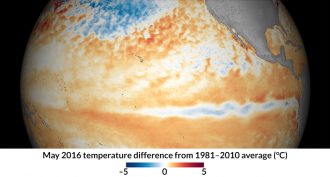 Climate
ClimateLast year’s strong El Niño is gone. Next up: La Niña
The 2015 to 2016 El Niño was one of the three strongest on record. It’s now over. Climate experts now predict a La Niña is on its way.
-
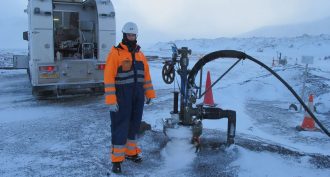 Climate
ClimateVolcanic rocks can quickly turn pollution into stone
A test program in Iceland injected carbon dioxide into lava rocks. More than 95 percent of the gas turned to stone within two years.
-
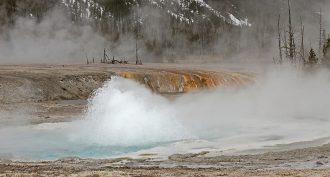 Earth
EarthCarbon dioxide could explain how geysers spout
A new study overturns 150 years of thinking about Yellowstone’s geysers. Carbon dioxide, not just hot water, may be driving those spectacular eruptions.
-
 Chemistry
ChemistryParticles in air help fatten clouds’ water droplets
Making their own clouds has shown scientists how the fattest water droplets form. Understanding this could lead to better forecasts of climate change.
-
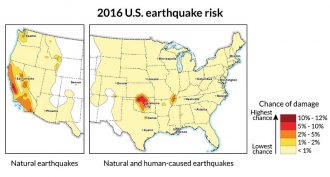 Earth
EarthQuake risk in some central states rivals California’s
Risks of tremors in some central U.S. states are as high as those in quake-prone California. The reason: waste fluids from oil and gas drilling.